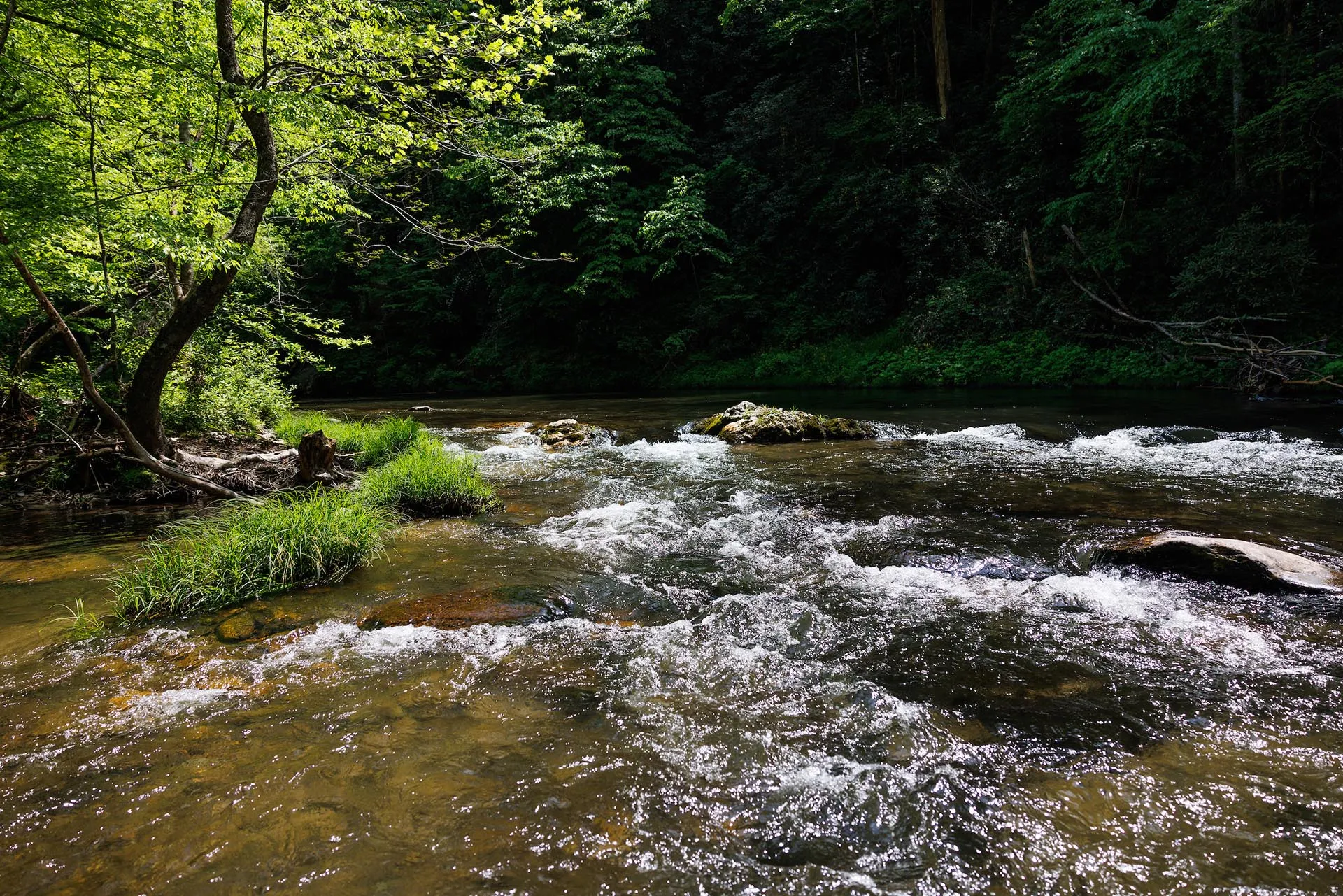Tennessee’s natural spaces, from the misty peaks of the Great Smoky Mountains to the winding rivers and streams that cross the rolling landscape westward, are a gift enjoyed by hundreds of thousands of people each year. Anglers, hunters, hikers and boaters alike enjoy the outdoors year-round, but maintaining healthy recreational activities (and clean drinking water for Tennessee’s residents) requires good stewardship of the wild places around us.
Safeguarding the wilds of Tennessee begins at home with healthy environmental practices like properly disposing of household hazardous waste (HHW).
Old, used and unneeded products that are corrosive, toxic or flammable – such as cleaning fluids, pesticides, mercury thermometers, paint thinner and automotive fluids – are some of the most common household hazardous waste materials. When these materials are thrown into the garbage, they eventually end up in a landfill, where they seep into our groundwater, polluting our rivers and streams, harming aquatic life and impacting our environment and drinking water.
Tennessee’s Department of Environment & Conservation offers a mobile collection service to help residents dispose of household hazardous waste safely. This mobile collection service has operated since 1993, and to date, families in Tennessee have brought more than 23 million pounds of waste for proper disposal.
Any Tennessee resident can participate in the mobile HHW collection service, but it is limited to households only – no commercial, institutional or agri-business waste is accepted.
You can find a schedule for the mobile collection service here.
Permanent collection sites are also located in Knox, Hamilton, Davidson, Putnam and Shelby Counties.
Learn more on TDEC’s website.
